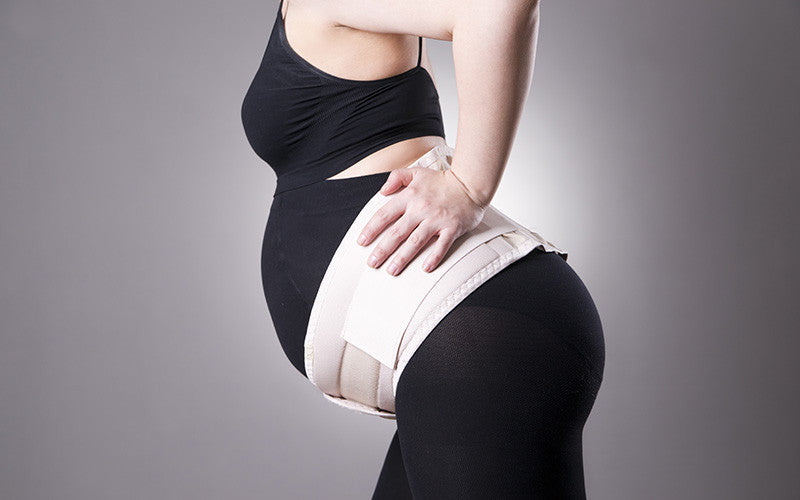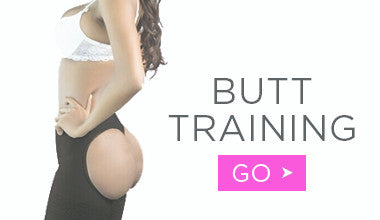
Why You Need to Use a Belly Band during Pregnancy
Jul 19, 17Depending on the style and the type of products you use, belly bands generally are made to support your growing belly and your aching back while you’re pregnant. These stretchable garments are especially effective after women enter their second trimester.
Here’s why you should definitely get a belly band to help you through your pregnancy:
1) Belly bands help with pain
Everyone know pregnancy is a painful process. You’ll experience pain in your back and in your joints which can prevent you from doing everyday activities. Most women have pain in their lower back and their pelvic girdle (lower belly). A belly band will help you cushion your baby bump while providing your back with support, relieving you from some of the pain you’ll experience.
Sacroiliac (SI) joint pain and Round ligament pain are two common types of pain women have during pregnancy.
Sacroiliac (SI) joint pain happens due to higher levels of relaxin in a woman’s body. Relaxin is the hormone that causes the hip joints to become loose in order to accommodate the baby and to ease child birth.
The loose and unstable hip joints lead to unbearable pain in the hip joints next to the tailbone. Belly bands support the area by stabilizing the joints and stop some of the pain.
Round ligament pain happens in the second trimester. It can be an ache, which, over time, changes into a sharp pain in front of the hip and under the baby bump.
The pressure on the ligaments that arises due to the increasing weight of the baby causes excruciating pain. Using a belly band will help you spread the weight of the baby across the front and the back, lessening the pressure on the round ligaments and relieving the pain.
2) Belly bands act as a cushion during activities
Belly bands do for your growing belly what a sports bra does for your breasts when you go for a run. Moving around with your big belly can be very painful. The right types of belly bands will have a gentle compression that basically holds your belly in place when you are going about your daily activities.
Note that if your belly band is too tight, it can interfere with blood circulation and lead to heartburn as well as indigestion.
3) Belly bands keep your posture in check
Pregnancy can make it difficult for women to keep their spine aligned which is why many of them will have bad posture when they are pregnant. Because belly bands support the lower back, women don’t need to overextend it to hold up their bellies. They need this extra support since the stretching of muscles causes them to become weaker, making it harder to carry around the weight of the baby.
4) Belly bands help you exercise
Prenatal exercise is recommended for all pregnant women (unless your doctor says otherwise). Regular exercise will enhance your muscle tone, build endurance and limit the chances of high-blood pressure, diabetes, and even depression.
Pain and discomfort stops many women from engaging in exercise when they are pregnant. A belly band can be worn during exercise to provide you with support and let you move around more comfortably.
5) Belly bands can help you get back in shape post-pregnancy
Once the baby is finally out, you’ll be left with a much weaker core than before your pregnancy. Pregnancy causes your muscles and ligaments to stretch. They require time to heal post-pregnancy. Your body will generally feel weaker and caring for a new born makes it even tougher.
Wearing a belly band in the months following the birth of your child will lower pain in your back and give your core some support. Belly bands are specifically beneficial for women whose abdominal muscles (diastasis recti) separated during pregnancy/childbirth as they can help them bunch the muscles up back together with some exercise.
What you need to know about using Belly Bands
• To avoid you body becoming over-dependent on them, belly bands should only be used for 2 to 3 hours at a time.
• Exercises focused on strengthening your core. strengthening your core during and post-pregnancy should all be done wearing a belly band.
• Ask your doctor if belly bands are safe to use for you. Every pregnancy is different, what may be safe for one, may not be for another.









